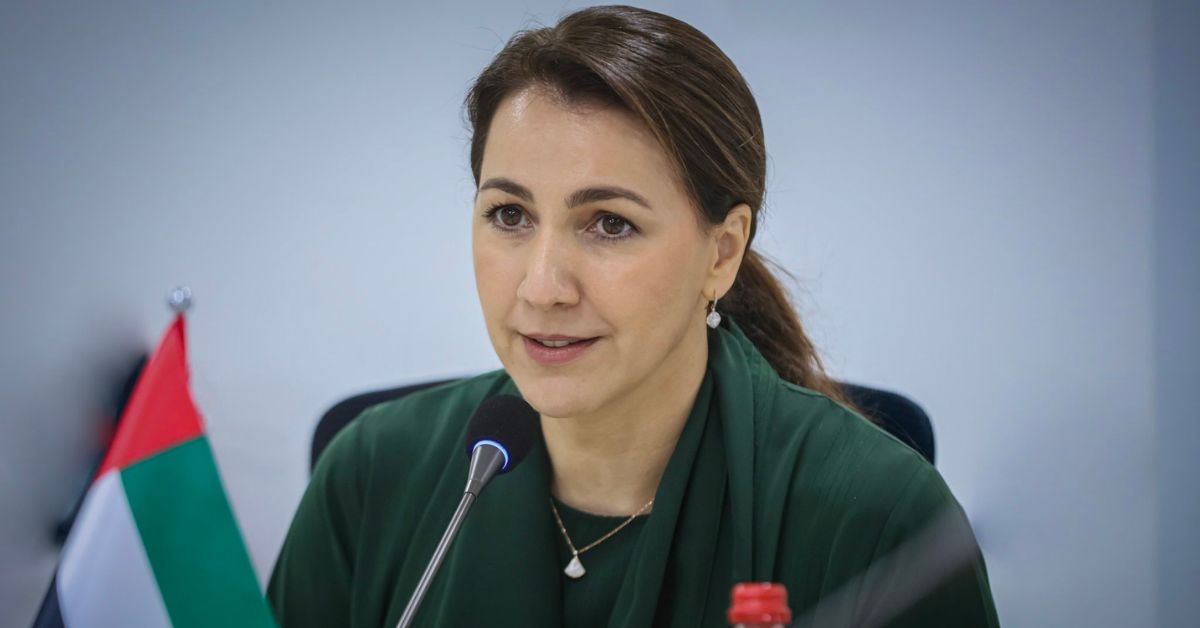ABU DHABI – The UAE is working to implement the highest standards of global food safety as a top priority in meeting the objectives of the National Food Security Strategy and ensuring the health and wellbeing of all residents, said UAE’s Minister of Climate Change and Environment Mariam bint Mohammed Almheiri.
On World Food Safety Day, she underscored the prioritization of food safety in the National Food Security Strategy, and its importance in ensuring the health and well-being of all UAE residents.
The minister highlighted that food safety is integral to achieving national food security. Collaborating with stakeholders, the Ministry aims to ensure compliance with regulations across the entire food value chain.
“Food safety is a main pillar of our strategy to achieve national food security. The Ministry has outlined its vision for the future, with the goal of implementing several policies, laws, and regulations in collaboration with diverse stakeholders in the UAE to guarantee that all food products across the entire food value chain in comply with the regulations, to ensure the safety and well-being of the society,” she said.
Almheiri pointed out the global significance of food safety and the urgent need for worldwide frameworks to strengthen food safety standards.
Hosting the COP28 conference in UAE provides a platform for constructive discussions on improving global food security and creating climate-smart systems. The conference aims to lower the carbon footprint across the food value chain, addressing the global food security crisis.
In April this year, Vice President and Deputy Prime Minister of the UAE, Sheikh Mansour bin Zayed Al Nahyan, has approved 71 economic activities for agricultural lands.
The activities include recreational and tourism activities to support the tourism sector, promote the UAE’s heritage, and diversify income sources for farm owners.
The activities are divided into four categories, supporting the plant and animal sectors, the food sector, and economic recreational activities.
The Abu Dhabi Agriculture and Food Safety Authority (ADAFSA), meanwhile, has set the requirements for economic activities on agricultural lands. They should not exceed 30 percent of the farm’s total area, with the main activity being licensed plant or animal farming.
Economic activities must be limited to the farm owner only, with the trade license issued in their name.
Saeed Al Bahri Al Ameri, Director General of ADAFSA, recently said that agricultural lands in Abu Dhabi are a thriving asset. ADAFSA aims to maximise the value of these lands, diversify the economic activities on farms, consolidate the food security system, and increase local plant and animal production.
Al Ameri emphasized the potential of these lands in boosting agri-tourism and providing unique tourist experiences. He added that relevant government agencies would oversee the regulation, licensing, and inspection of these economic activities on agricultural lands.

